Kazan
History
Kazan, the capital and largest city of the Republic of Tatarstan, Russia, has a rich and diverse history that spans over a thousand years. The city's origins can be traced back to the Viking era, when it was a significant trading post on the Volga trade route. The city was officially founded in 1005, making it one of the oldest cities in Russia.
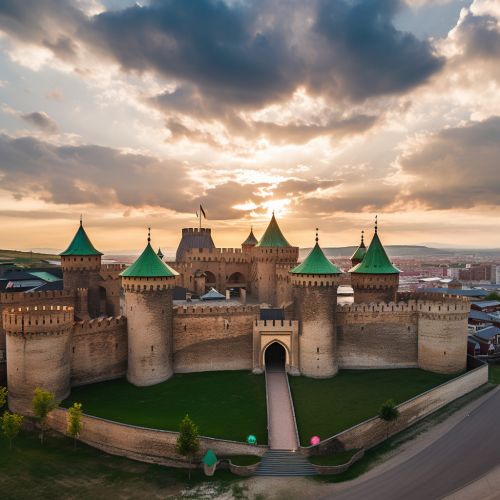
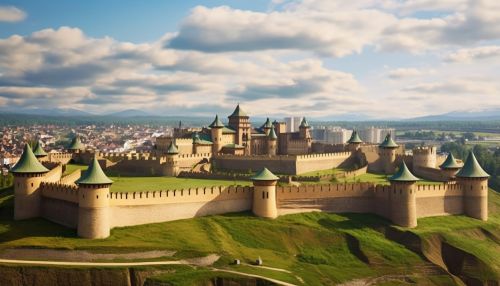
In the 13th century, Kazan became part of the Golden Horde Empire, a Mongol and later Turkic khanate that ruled over much of Eurasia. During this period, the city grew in importance and became a major center of Islamic culture and education. The Kazan Khanate, a semi-independent state, was established in the 15th century and lasted until the mid-16th century when it was conquered by Ivan the Terrible, marking the beginning of Russian rule.
Geography and Climate
Kazan is located in the European part of Russia, at the confluence of the Volga and Kazanka rivers. It has a humid continental climate, characterized by large seasonal temperature differences, with warm to hot summers and cold, snowy winters.
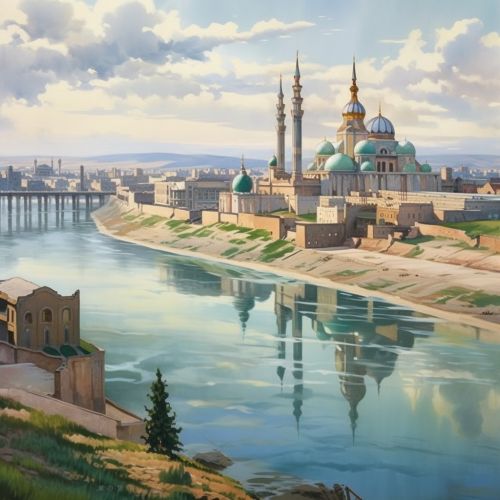
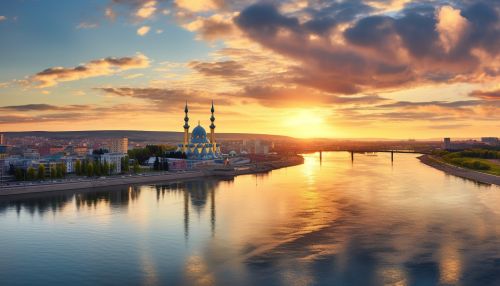
The city's topography is varied, with hills, plains, and river valleys. The Kazan Kremlin, a UNESCO World Heritage Site, is located on a hill overlooking the Volga river.
Economy
Kazan's economy is diverse and dynamic, with key sectors including manufacturing, services, and information technology. The city is a major center for the aerospace industry, home to the Kazan Helicopter Plant and the Kazan Aircraft Production Association. It also has a significant petrochemical industry, with the Tatneft oil company being one of the largest employers in the city.
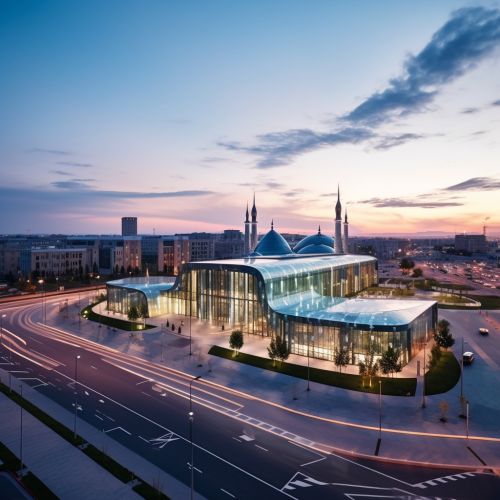

In recent years, Kazan has emerged as a leading center for IT and innovation in Russia, with the establishment of the Kazan IT Park and the Innopolis University.
Culture
Kazan is known for its rich culture, which reflects the city's diverse ethnic and religious heritage. The city is home to numerous museums, theaters, and art galleries, as well as several prestigious universities and research institutions.
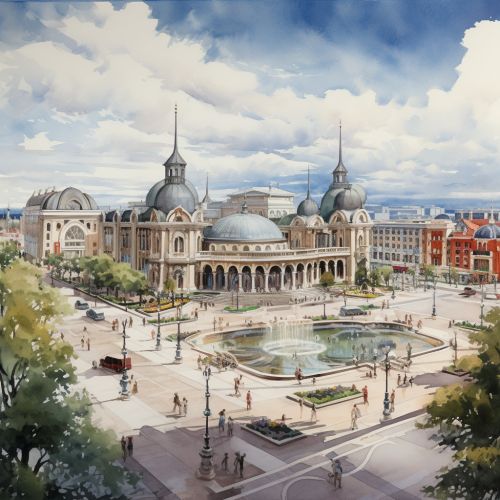
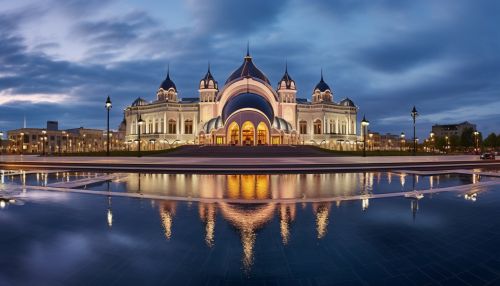
The city's cultural landmarks include the Kazan Kremlin, the Kul Sharif Mosque, and the Kazan Opera and Ballet Theatre. Kazan is also known for its vibrant music scene, with a variety of genres ranging from traditional Tatar music to classical and contemporary music.
